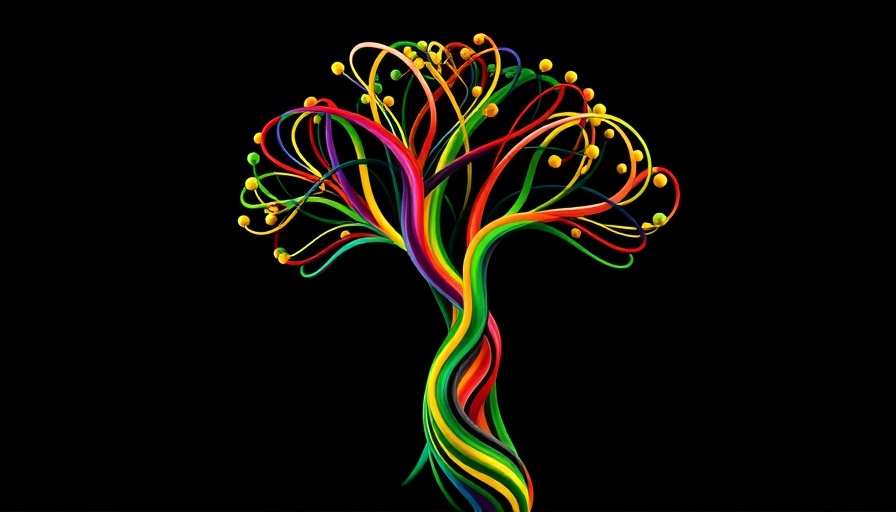
How the Global Mediation Efforts Impact Peace in DR Congo
As the world watches, the recent remarks from President Paul Kagame of Rwanda draw attention to the intricate dance of international diplomacy regarding peace in the Democratic Republic of the Congo (DRC). While Qatar and the United States are attempting to mediate a resolution to ongoing conflicts in eastern DRC, Kagame emphasizes the need for African nations to forge their own path in resolving regional issues.
Speaking at the Africa CEO Forum, Kagame highlighted the importance of African-led initiatives, such as the combined Nairobi and Luanda peace processes. While the involvement of external partners like Qatar and the US is acknowledged, the African perspective aims to leverage this support while maintaining ownership of the conflict resolution process.
Africa's Incremental Progress in Conflict Resolution
Despite previous setbacks in peace efforts within the continent, Kagame noted significant strides made recently. At the heart of these developments is a peace agreement tentatively scheduled for June, which will see Kagame and Congolese president Félix Tshisekedi meet with US President Trump. This trilateral dialogue symbolizes a layered approach to peace, with external powers subtly influencing the outcomes.
Kagame's discourse rings true to a broader sentiment across the continent: the notion of 'African solutions for African problems' remains a guiding principle. Similarly, President Cyril Ramaphosa of South Africa reinforces this perspective, asserting that, while external contributions are beneficial, the responsibility for peace ultimately lies within Africa itself.
Understanding the Dynamics of External Influences
The geopolitical implications of the DRC's peace talks illuminate the complex interplay between local needs and international interests. As Kagame articulates, acknowledging the support from nations like Qatar and the US fosters a collaborative environment. However, it also creates a space for African stakeholders to reclaim leadership in shaping their destinies. This dynamic is crucial, not only for governance but also for fostering economic relations with global partners who might seek to invest in a stable and peaceful Africa.
Future Considerations for Africa's Role in Global Affairs
With discussions evolving around the African Union's effectiveness, Kagame emphasizes the necessity for Africa to speak with a unified voice. Such coordination is vital in ensuring that African countries can engage on equal footing with global powers, like the European Union and the United States. The peace processes in the DRC also present an opportunity for broader discussions about trade, cooperation, and geopolitical alliances within an ever-changing global landscape.
In Conclusion
As peace efforts in the DRC continue to unfold against the backdrop of international engagement, it becomes increasingly clear that Africa's future stability hinges on its ability to lead its own solutions. For investors and policymakers, understanding these dynamics is key to navigating the opportunities and challenges within the African economy. The call for greater autonomy and leadership in peace negotiations is a significant reminder of Africa's potential to redefine its role on the world stage. This shifting paradigm not only impacts legal frameworks and governance but also influences economic relationships and trade prospects.
With the upcoming peace agreements signaling a pivotal moment for the continent, stakeholders are encouraged to engage actively in these discussions and understand their transformative potential in reshaping Africa's international relations.
 Add Row
Add Row  Add
Add 


 Add Row
Add Row  Add
Add 

Write A Comment